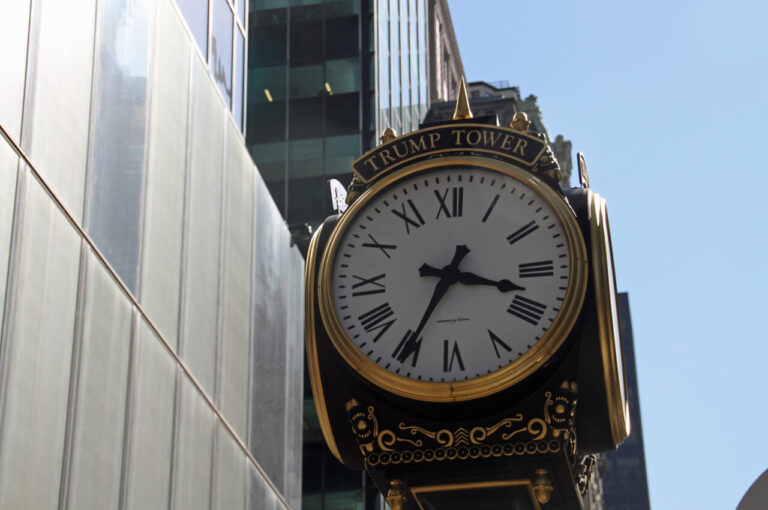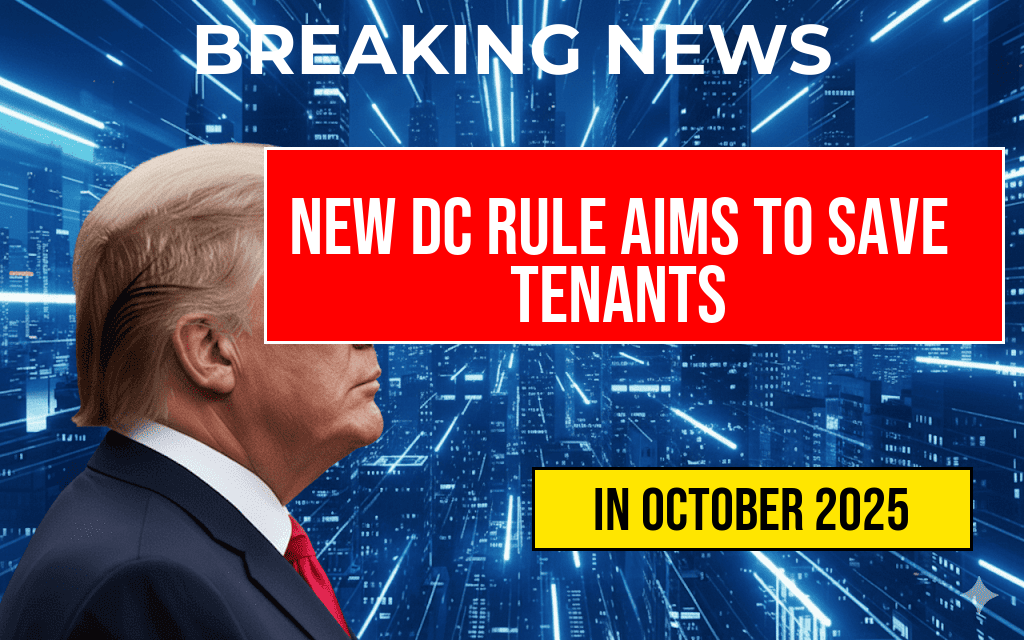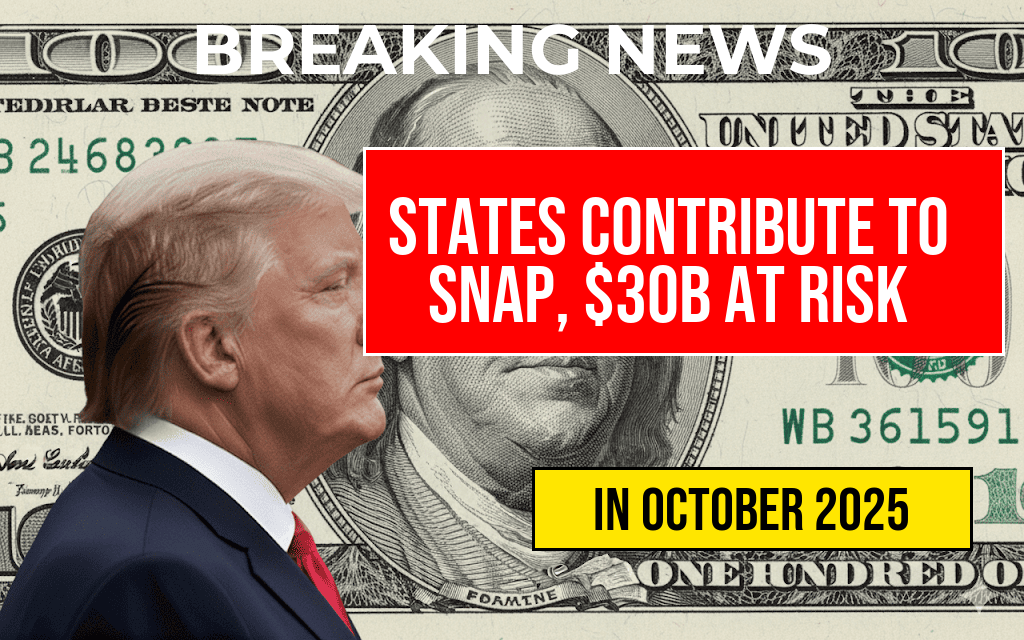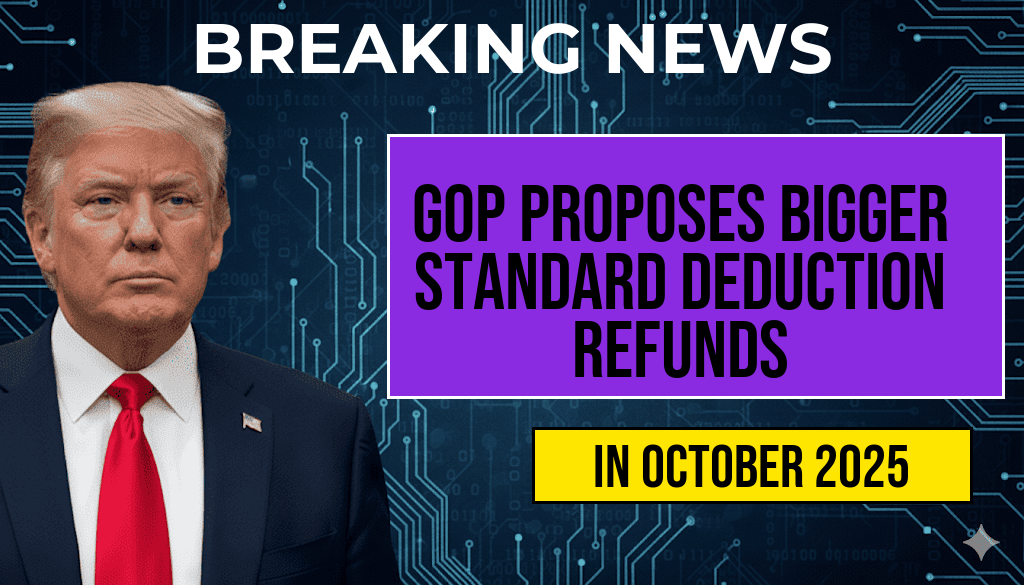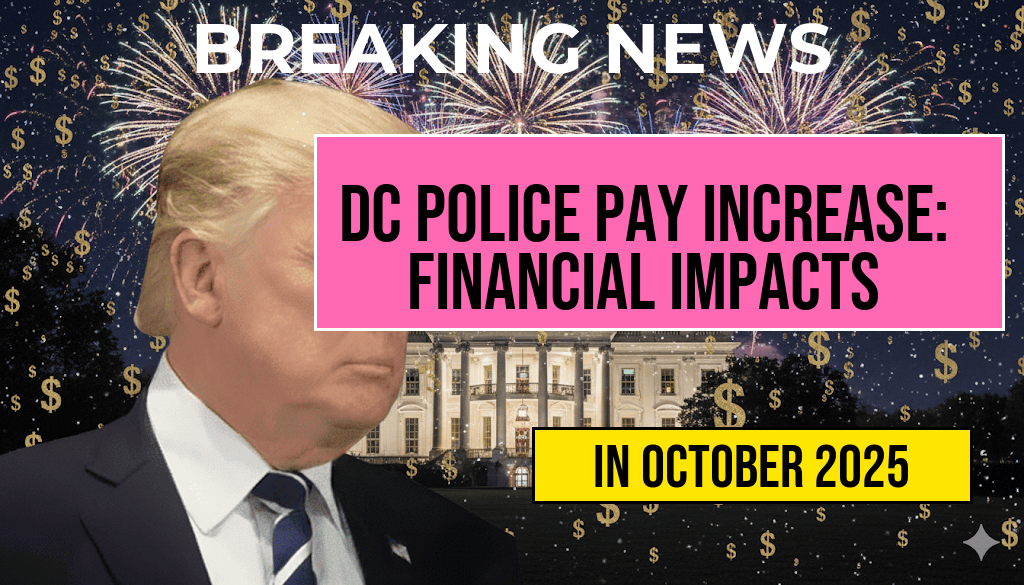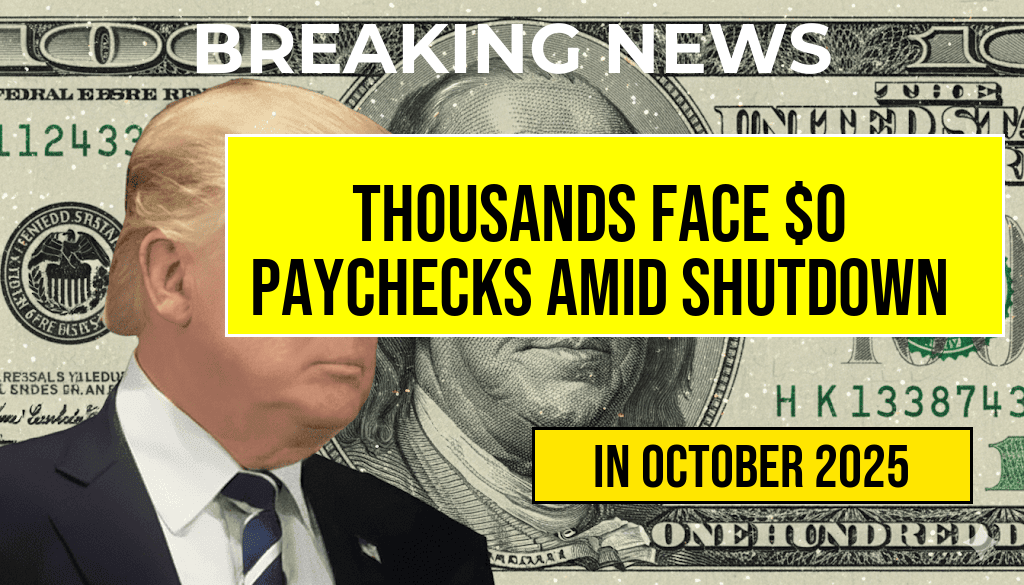The District of Columbia has implemented a new notice rule aimed at protecting tenants from unexpected utility shutoff fees, which can range from $200 to $500. This initiative, effective immediately, mandates that landlords and property management companies must provide advance notification to tenants before any utility service is disconnected due to non-payment. The move is part of a broader effort to enhance tenant rights and reduce financial burdens on residents, particularly in a city where the cost of living continues to rise. By ensuring that tenants are informed ahead of time, the D.C. government hopes to prevent the financial strain that can accompany sudden utility shutoffs.
Details of the New Rule
The new rule requires property owners to notify tenants at least 15 days before a utility service is scheduled to be shut off. This period allows tenants to either pay their outstanding bills or make arrangements with their utility providers. The regulation applies to all types of utility services, including water, gas, and electricity.
Impact on Tenants
For many tenants in D.C., unexpected utility shutoffs can result in significant financial hardship. The average cost to restore service after disconnection can range from $200 to $500, a burden that can disproportionately affect low-income households. By enforcing a notification requirement, city officials aim to give tenants the opportunity to avoid these additional charges.
Potential Savings for Households
According to the D.C. Department of Energy and Environment, the financial implications of utility shutoffs can be severe. The new rule is expected to save tenants hundreds of dollars annually by allowing them to manage their finances better and avoid last-minute expenses. Here’s a breakdown of potential savings:
| Type of Utility | Average Shutoff Fee | Potential Savings |
|---|---|---|
| Electricity | $200 | $200 |
| Gas | $300 | $300 |
| Water | $500 | $500 |
Reactions from Tenants and Advocacy Groups
Tenant advocacy groups have lauded the new regulation as a necessary step towards ensuring housing stability and financial security for residents. “This rule is a win for tenants across D.C.,” said Maria Lopez, a spokesperson for the Coalition for Affordable Housing. “By providing clear notice, we are giving families the chance to avoid unnecessary costs and maintain their access to essential services.”
Challenges Ahead
Despite the positive reception, some landlords express concern over the administrative burden the new rule may impose. Property management companies will need to adapt their billing systems to incorporate the new notification requirements, which could lead to increased operational costs. However, city officials believe that the long-term benefits for tenants outweigh these initial challenges.
Future Implications for Utility Regulations
The introduction of this notice rule may set a precedent for future regulations regarding tenant rights in D.C. As housing affordability continues to be a pressing issue in urban centers, similar measures could be adopted in other cities across the country. Experts suggest that the D.C. initiative could inspire legislative action in states where tenants lack sufficient protections against utility shutoffs.
Resources for Tenants
For tenants seeking additional information about their rights and the new utility notice rule, several resources are available:
- D.C. Utility Assistance Program
- Nolo: Tenant Rights and Utilities
- Washington Post: Utility Shutoff Rule Overview
The D.C. government’s proactive approach reflects a growing recognition of the challenges faced by renters in today’s economy. As this rule takes effect, it will be crucial to monitor its implementation and impact on the city’s residents.
Frequently Asked Questions
What is the new DC notice rule regarding utility shutoff fees?
The new DC notice rule is designed to prevent unexpected utility shutoff fees for tenants, potentially saving them between $200 and $500.
How does this rule help tenants financially?
This rule helps tenants by ensuring they receive timely notifications about any issues that could lead to a utility shutoff, allowing them to address the situation before incurring costly fees.
Who is affected by the new utility shutoff notice requirement?
The new requirement primarily affects tenants in Washington, DC, particularly those who might be at risk of having their utility services shut off due to non-payment or other issues.
What are the expected savings for tenants under this rule?
Tenants can expect to save between $200 and $500 by avoiding surprise utility shutoff fees that occur due to a lack of proper notifications from utility providers.
When does this new notice rule take effect?
The exact implementation date of the new DC notice rule will be announced by local authorities, but it is part of ongoing efforts to enhance tenant protections in the district.

